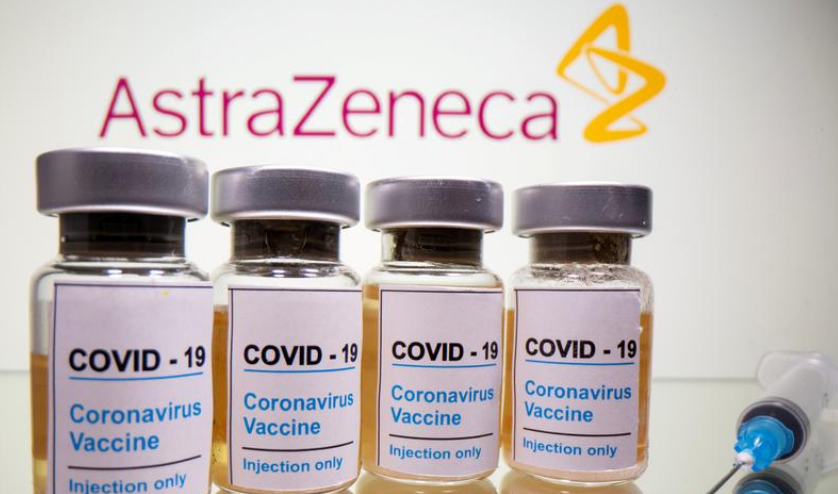London: Pharmaceutical giants AstraZeneca said Monday its vaccine for the novel coronavirus could be around 90 per cent effective without any serious side effects. AstraZeneca thus became another company to give the world some hope in the fight against COVID-19 pandemic. The COVID-19 vaccine, being developed by Oxford University has given very good results. Latest data from Oxford University states that when a half dose of the vaccine was administered followed by a full dose a month later, it was 90 per cent effective in preventing COVID-19. The trials are being conducted both in Britain and Brazil.
No serious safety events related to the vaccine have been confirmed Oxford University researchers said. They added that it was well tolerated across both dosing regimens.
“This vaccine’s efficacy and safety confirm that it will be highly effective against COVID-19. It will have an immediate impact on this public health emergency,” Pascal Soriot, AstraZeneca’s chief executive, said in a statement.
Also read: Big breaking! Moderna prepares global launch of COVID-19 vaccine; read details
AstraZeneca will have 200 million doses by the end of 2020. Another 700 million doses will be ready globally by the end of the first quarter of 2021. This information was shared Monday by the company’s operations executive Pam Cheng. The vaccine will be produced by India’s Serum Institute.
The vaccine’s effectiveness depended on the dosing, and fell to just 62 per cent when given as two full doses rather than a half-dose first. But scientists cautioned against seeing this as evidence that it would be less useful than rival vaccines from Pfizer and Moderna, which each prevented about 95 per cent of cases according to interim data from their late-stage trials.
“I think it is a real fool’s errand to start trying to pick these three (Pfizer/Moderna/Astra) apart on the basis of snippets of phase 3 data from press releases,” said Danny Altmann, professor of immunology at Imperial College London.
“For the bigger picture, my suspicion is that by the time we are a year down the line, we’ll be using all three vaccines with about 90 per cent % protection – and we’ll be a lot happier,” Altmann added.
Scientists also noted there may be advantages to AstraZeneca’s vaccine.
“Importantly, from what we have heard the vaccine seems to prevent infection not just disease. This is important as the vaccine could reduce the spread of the virus as well as protect the vulnerable from severe disease,” said Peter Horby. He is a professor of emerging infectious diseases and global health at Oxford University.
AstraZeneca’s vaccine can also be distributed more easily because it can be kept at refrigerator temperature, unlike the drugs from Pfizer and Moderna which have to be stored frozen. That would make the AstraZeneca shot easier to transport and store globally, particularly in lower and middle-income countries.
The British drugmaker’s preliminary trial results mark a fresh breakthrough in the fight against a pandemic that has killed nearly 1.4 million people and roiled the global economy.
Britain is among countries that pre-bought large quantities of the new vaccine. Officials said its success means normal life can return sooner. It was ‘incredibly exciting news the Oxford vaccine has proved so effective in trials’, said Prime Minister Boris Johnson.
There would be 20 million doses in Britain by the end of the year, with 70 million doses for the UK by the end of Q1 2021.
Public health experts say the world will need many vaccines to meet global demand.
